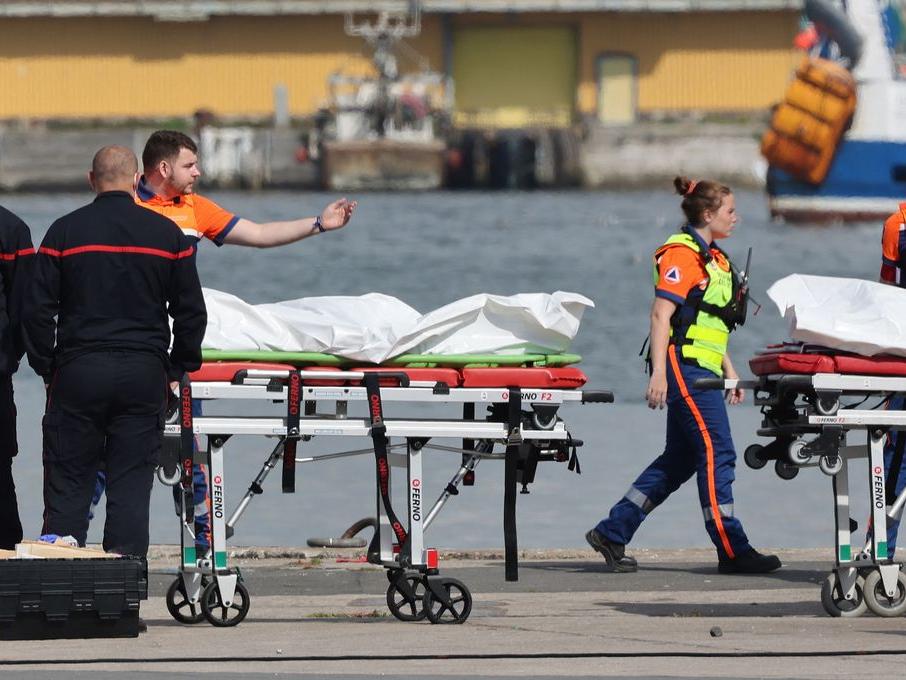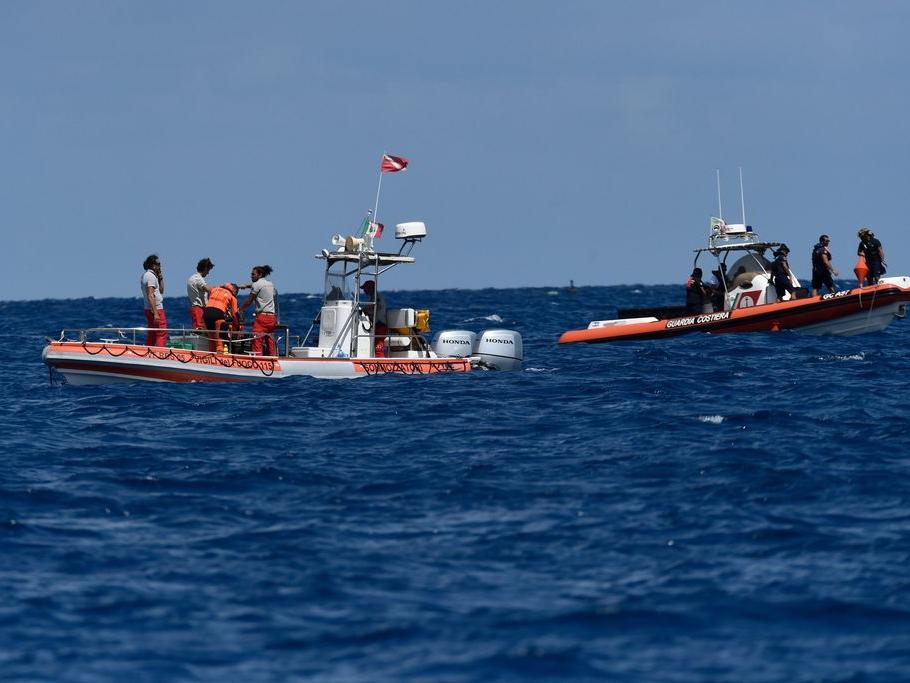As Venezuela approaches its pivotal presidential election on July 28, the country finds itself at a crossroads, with escalating tensions and international scrutiny. President Nicolás Maduro, seeking a third six-year term, faces a formidable challenge from opposition candidate Edmundo González Urrutia, a 74-year-old retired diplomat who has gained unexpected popularity.In a move that has drawn widespread criticism, the Venezuelan government has blocked several international delegations from entering the country to observe the election, including former Latin American presidents and a group of Spanish politicians. This action has raised serious concerns about the transparency and fairness of the electoral process.Despite these obstacles, the opposition, led by María Corina Machado, has mobilized an estimated 500,000 supporters to act as ‘comanditos’ – small neighborhood commands – to monitor the voting process. Machado emphasized that this grassroots monitoring will be crucial in verifying the results announced by the National Electoral Council (CNE).Recent polls suggest González could be leading Maduro by a significant margin, with one survey indicating 59.1% support for González compared to 24.6% for Maduro. However, there are growing concerns about potential fraud and Maduro’s willingness to accept defeat. The incumbent president has made alarming statements, warning of potential ‘bloodshed’ and ‘civil war’ if he loses the election.The international community remains deeply concerned about the electoral process. The U.S., EU, and many international organizations have not recognized Maduro’s 2018 re-election, citing fraud and irregularities. Some countries, including Brazil, have refused to send observers due to concerns about the electoral environment.As election day approaches, the stakes could not be higher for Venezuela. With approximately 21 million Venezuelans expected to vote, the outcome of this election could mark a significant shift in the country’s political landscape, potentially ending 25 years of socialist rule. However, the possibility of post-election unrest looms large, with both sides seemingly prepared for a contested result.
Key points
- Venezuelan government blocks international observers from entering the country for the July 28 presidential election.
- Opposition candidate Edmundo González Urrutia leads in polls, challenging Maduro’s bid for a third term.
- Opposition mobilizes 500,000 supporters to monitor the voting process amid fears of potential fraud.
- Maduro warns of ‘bloodshed’ and ‘civil war’ if he loses the election, raising concerns about post-election stability.
Contradictions👾While some sources report that international observers have been blocked, others mention that certain international representatives, such as Kirchnerist leaders from Argentina, have been invited by the Maduro government.



